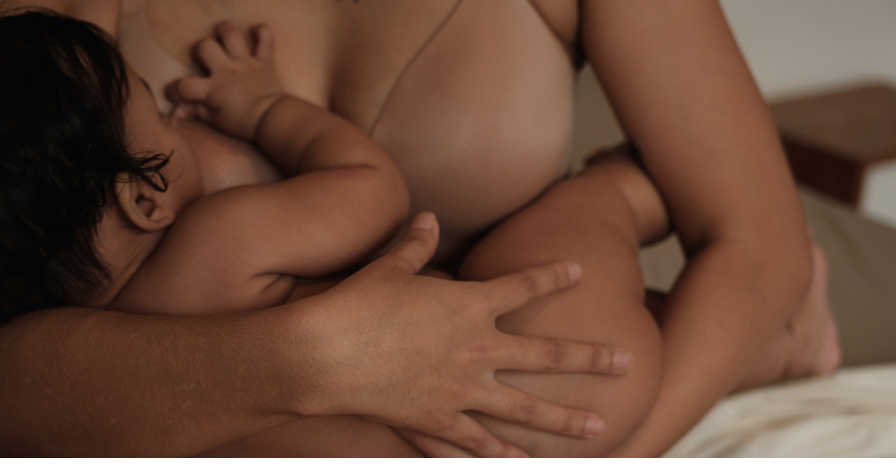
Postpartum Depression
PREGNANCY & POSTPARTUM |Post pregnancy our body realizes it has just undergone one of the most remarkable things, growing and nurturing another human. After 9 months of carrying your baby within you, it is now time to experience motherhood. Much of your focus and energy will now be on your baby, but remember that you as a mother also need to recover and nurture yourself. Give yourself special care during the first three months of giving birth, which are often referred to as the “4th trimester”. This period can be physically and emotionally challenging for you.
Physical fatigue, sleep deprivation, and trauma, are the most talked about discomforts of delivery; however, another common symptom and probably the outcome of all the physical challenges experienced, is emotional instability. Yet, it is hardly spoken about.
The emotional turmoil which you experience during this time, may be baby blues or initial stages of depression, which requires professional help depending on the severity.
Why does it happen?
During pregnancy levels of the female hormones estrogen and progesterone are very high. In the first 24 hours after childbirth, hormone levels quickly drop back to normal pre-pregnancy levels. This sudden change in hormone levels can lead to depression. This is similar to hormonal changes during menstruation, but a more intense hormonal swing.
Levels of thyroid hormones may also drop after giving birth, which can cause symptoms of depression.
Signs and symptoms of ‘baby blues’
The “baby blues” is a term used to describe mild mental & physical changes women experience within the first two weeks of giving birth. The following symptoms are commonly experienced and may last for a few days to a week or two after child birth and may include:
- Mood swings
- Anxiety
- Feeling sad or overwhelmed or wanting to cry
- Reduced concentration
- Appetite problems
- Trouble sleeping
How do you know if it is depression?
Prenatal or postpartum depression is a real medical illness and can affect any mother. It can be and is often mistaken for “baby blues” at first, but if it is depression, then the mother will experience these symptoms with a much greater intensity and they will last longer and eventually reduce her ability to handle daily tasks and care for her newborn. Postpartum depression can last up to and over a period of one year after delivery.
Treatments for postnatal depression
Postnatal depression can be lonely, distressing and frightening, but support and effective treatments are available.
Therapy & medicines – if your symptoms are severe and you require medical help, ask your doctor to recommend a course of therapy, such as cognitive behavioural therapy (CBT). They may also want to recommend medicines like antidepressants to help reduce your symptoms.
Sustainable management
Self-help – Consider speaking with your Doctor, family and friends about your feelings, make time for things you enjoy, sleep & rest enough & whenever possible, exercise regularly, and eat a healthy and complete diet.
Complementary & Alternative Medicine – refers to a diverse range of healthcare practices used for health promotion, disease prevention and illness treatment. Complimentary nutrient support with nutraceuticals like omega-3 fatty acid, folate, B12, iron, magnesium, phosphatidylcholine etc. can help prove beneficial in providing relief to new moms as these are often deficient due to lack of intake or loss at child birth.
UNIVED’S VEGANMOMY™ RANGE
It is a complete range of products a mother needs to get through pregnancy and lactation that contains well researched, scientifically calculated & formulated set of nutrients for each trimester to meet the specific demands of that phase.
Unived also provides Pre-Postnatal Protein with calcium, magnesium and phosphatidylcholine which is responsible for meeting increased protein, calcium and magnesium requirements and providing a vital phospholipid to the growing fetus and mother.
Who should take it and how?
It is for all pregnant, lactating & non-lactating postpartum women. We recommend taking the multinutrient supplements with DHA and protein together as suggested.
Positive environment with healthy lifestyle and balanced nutrient intake that covers for deficiencies, maintains optimum nutrition levels and boost happy hormones are key to overcoming postpartum depression.


